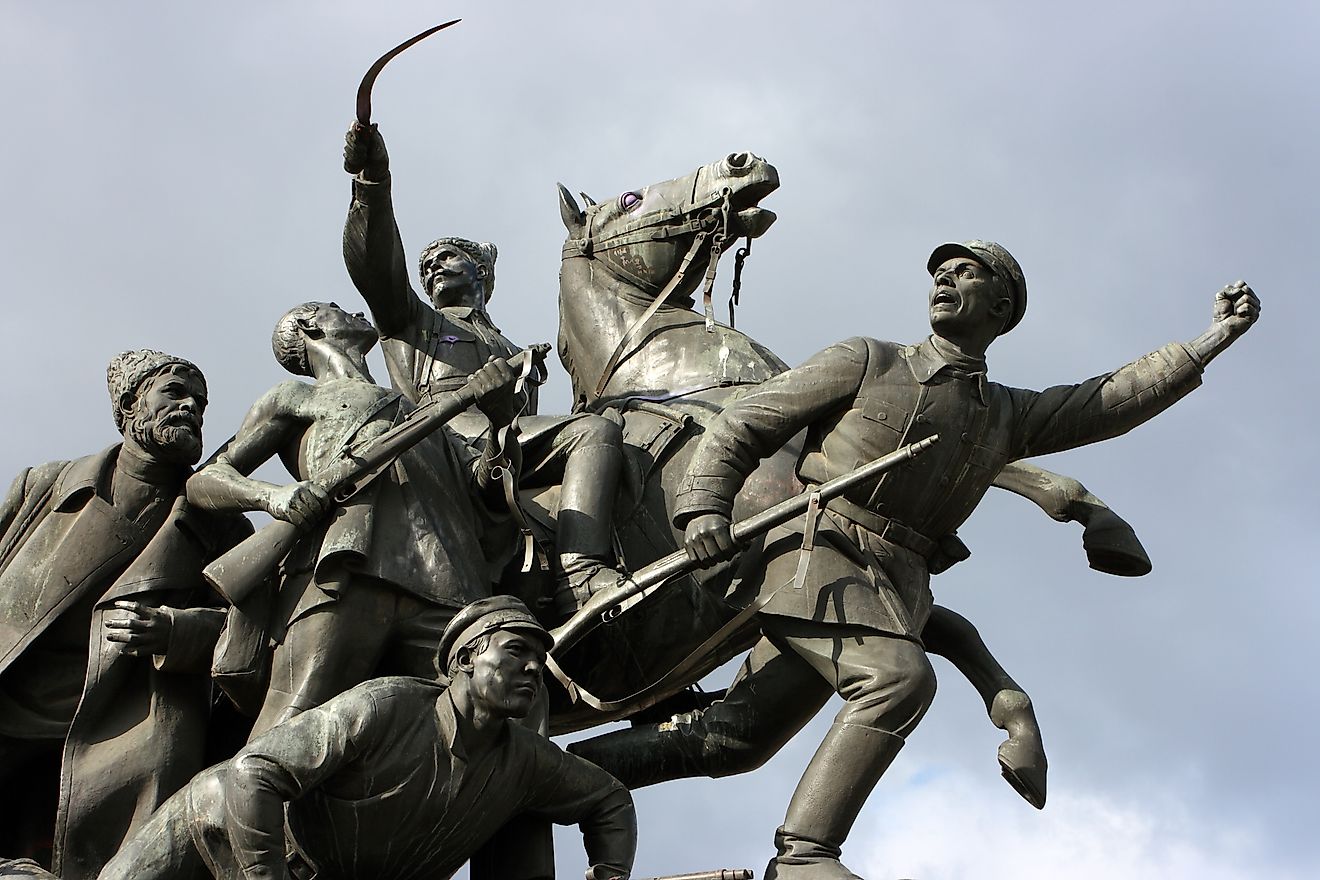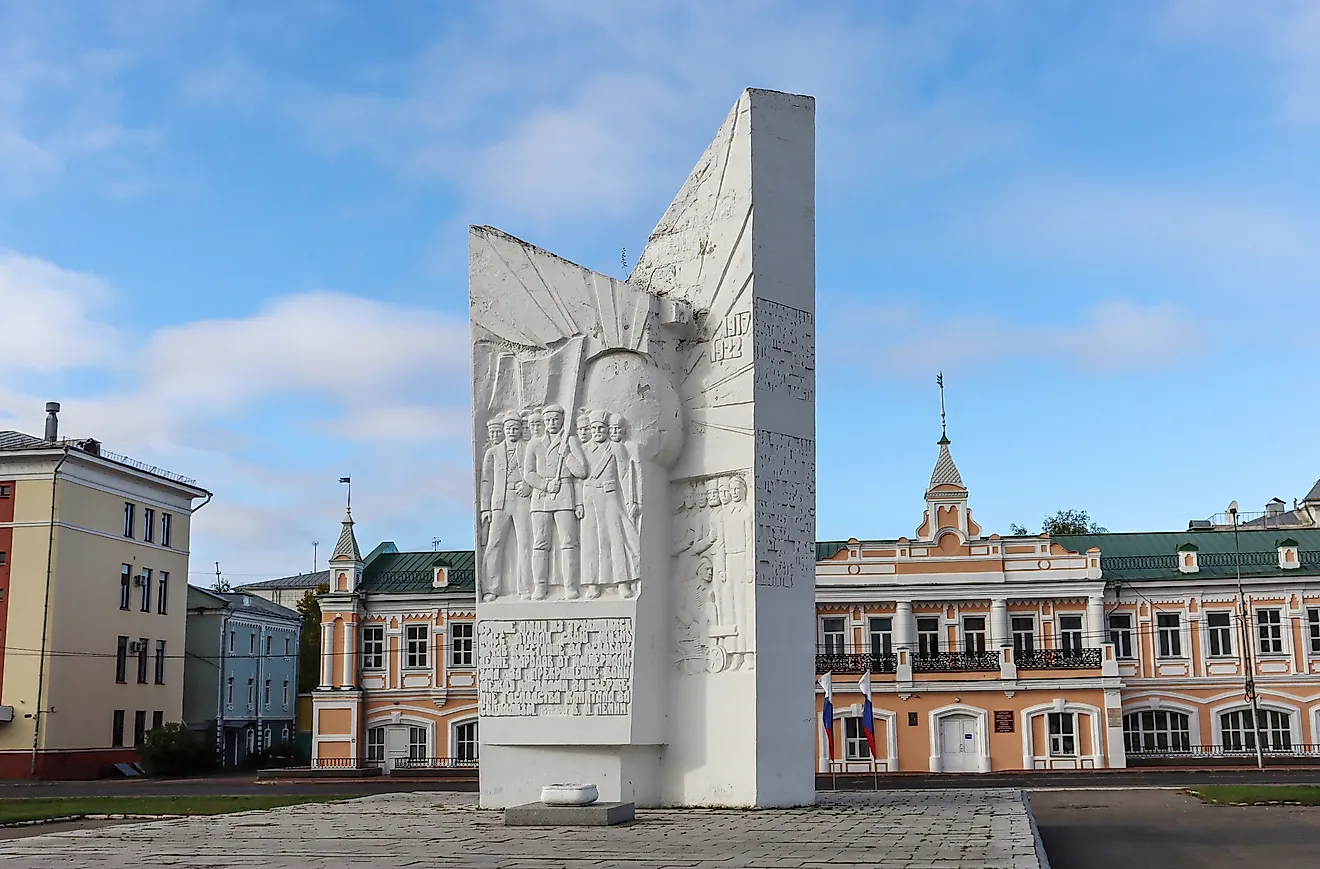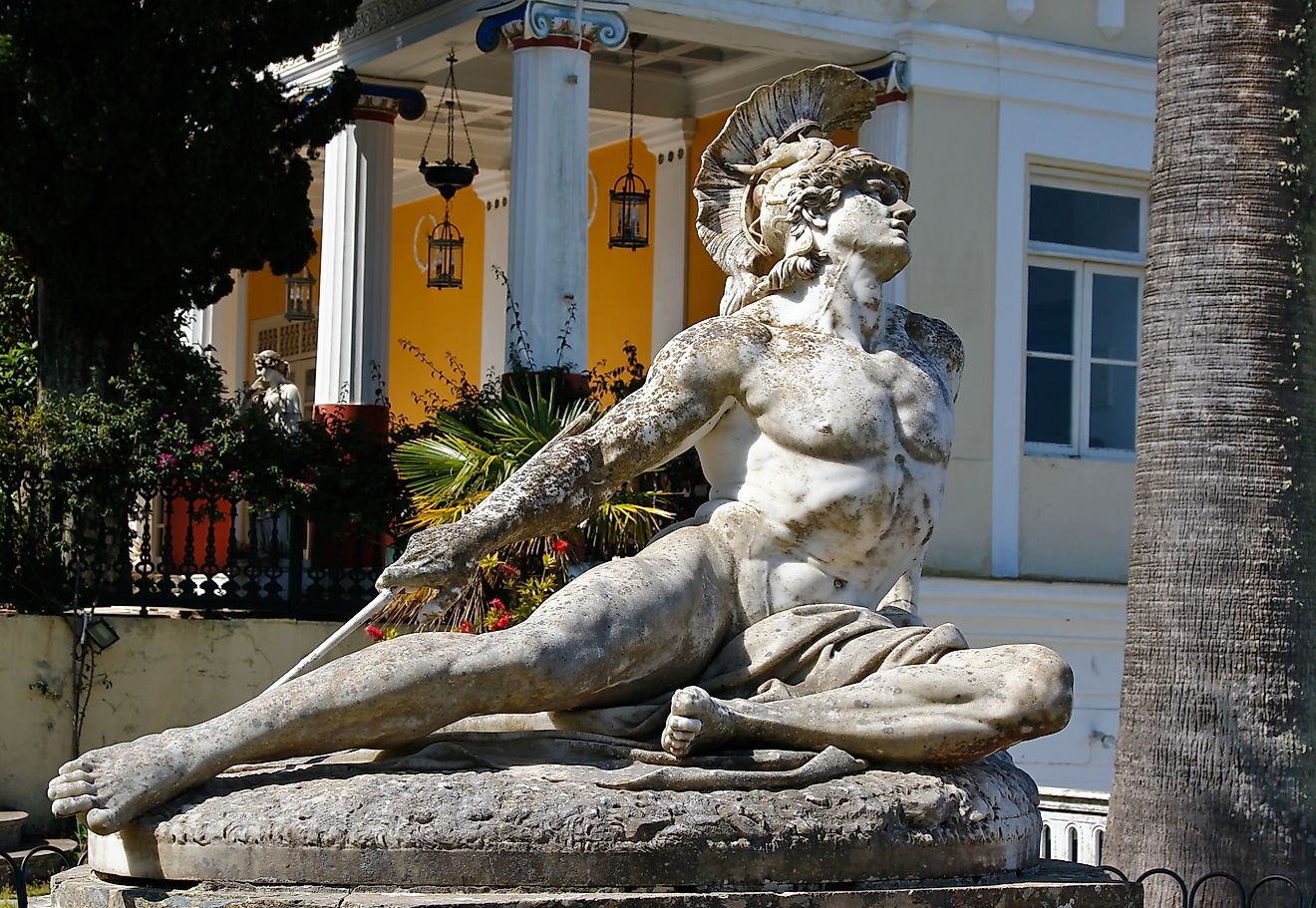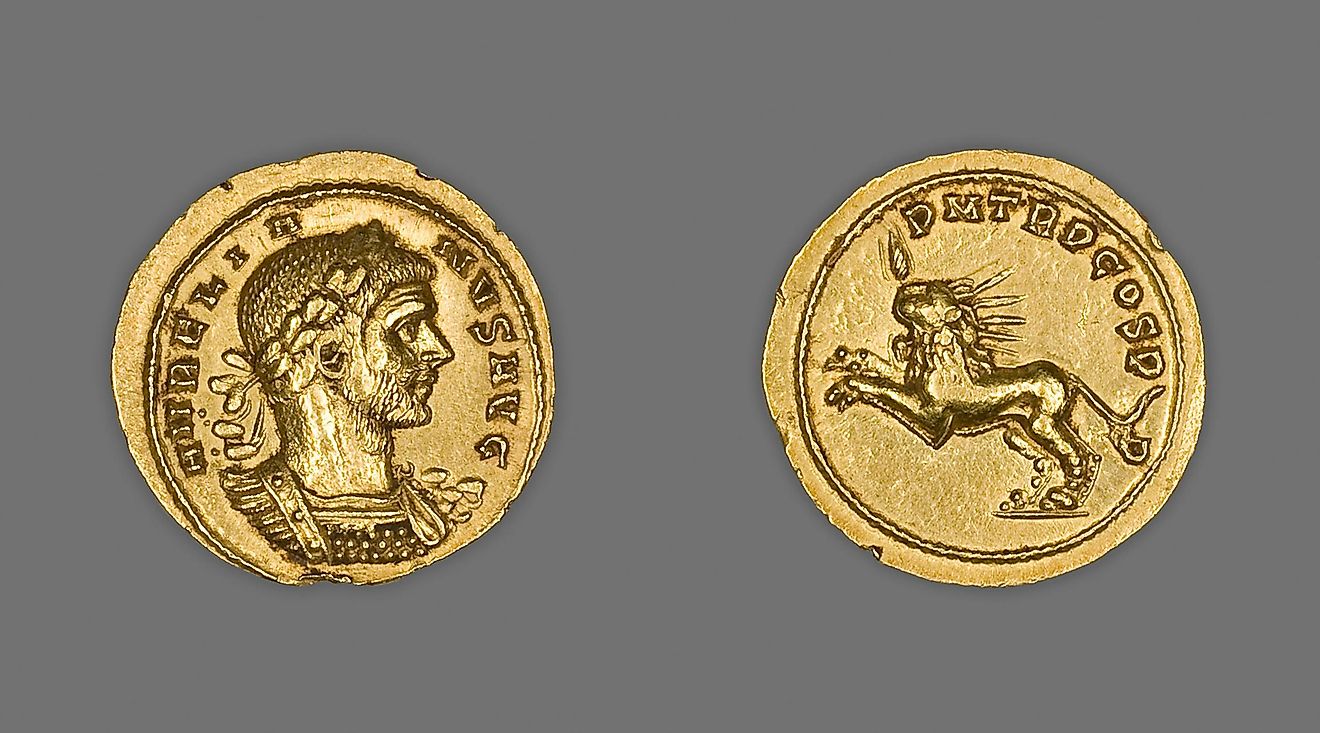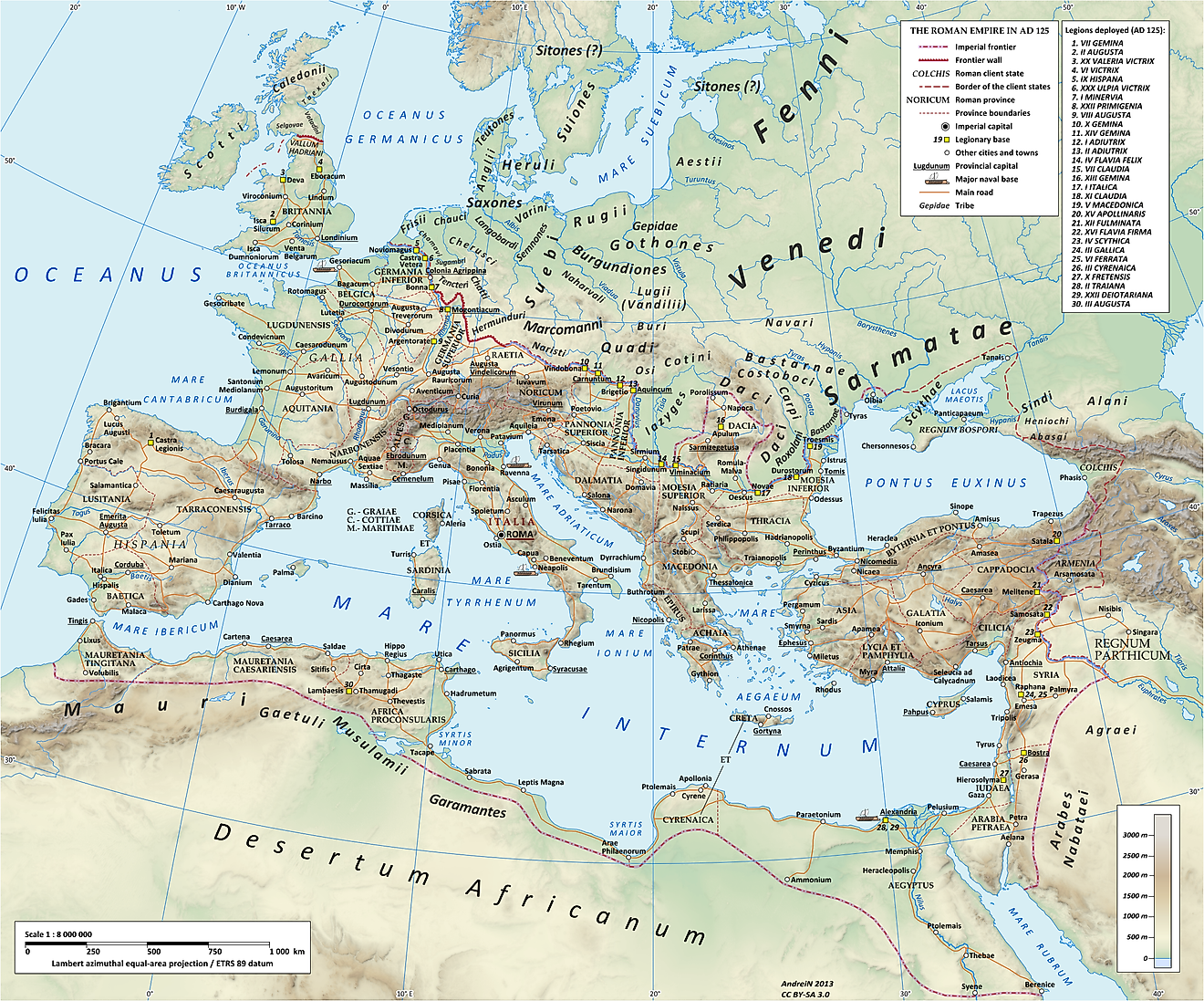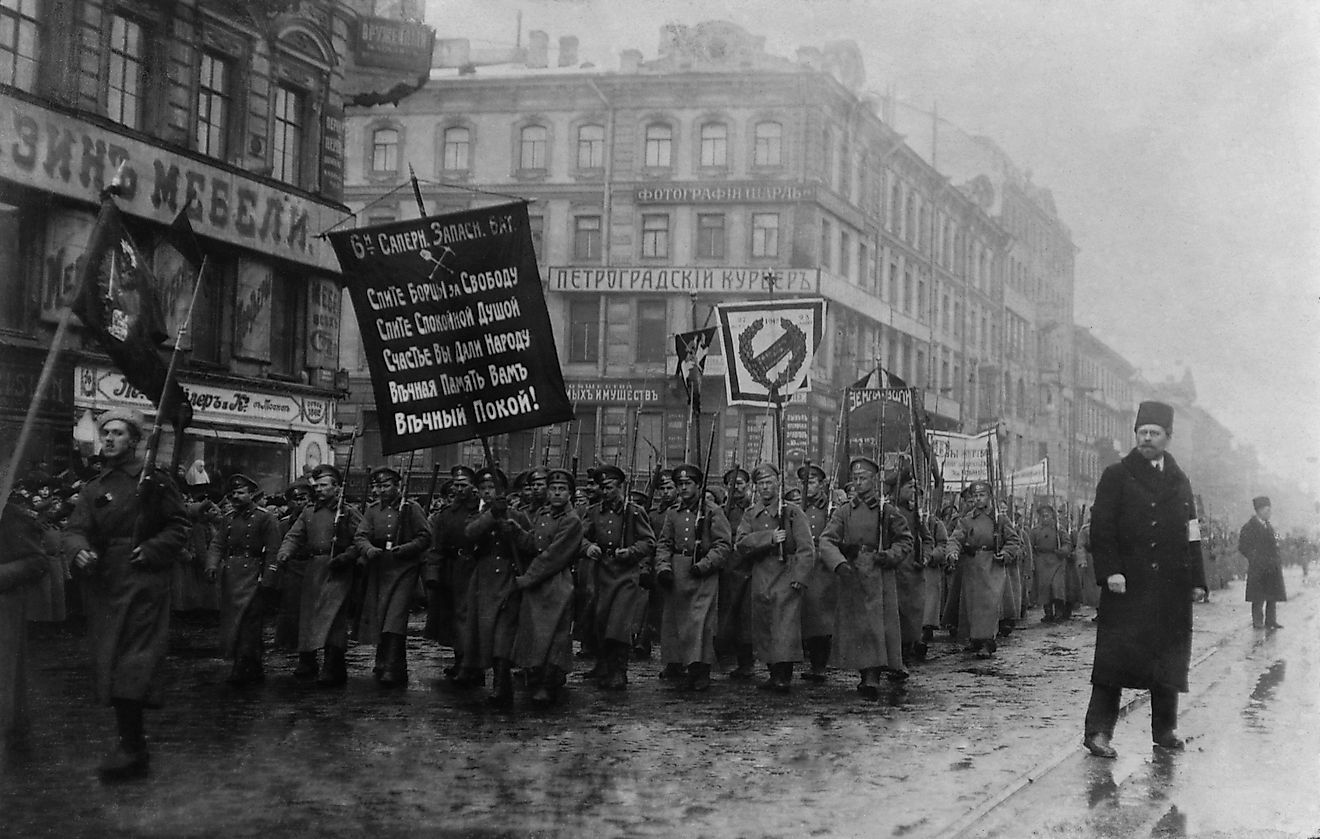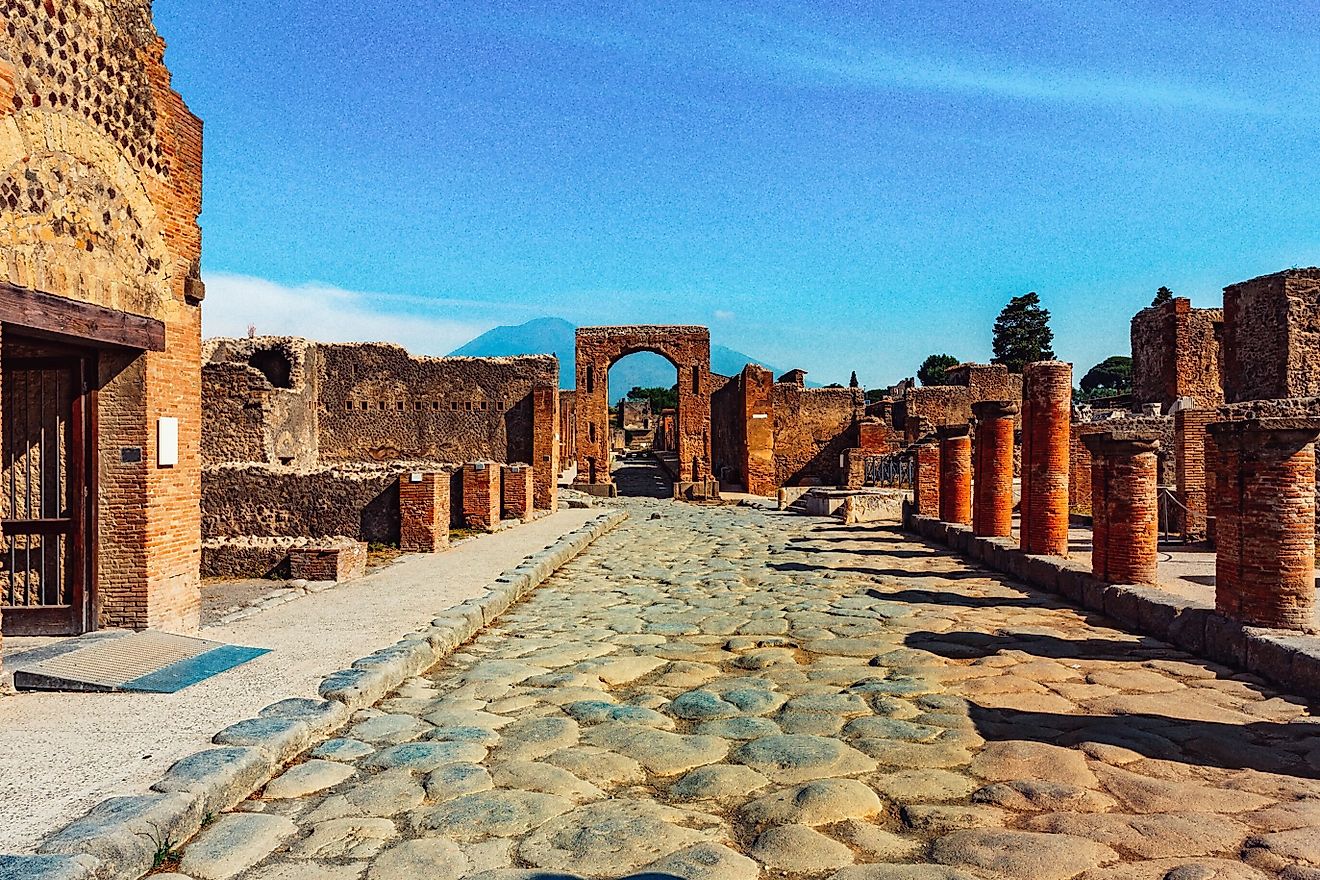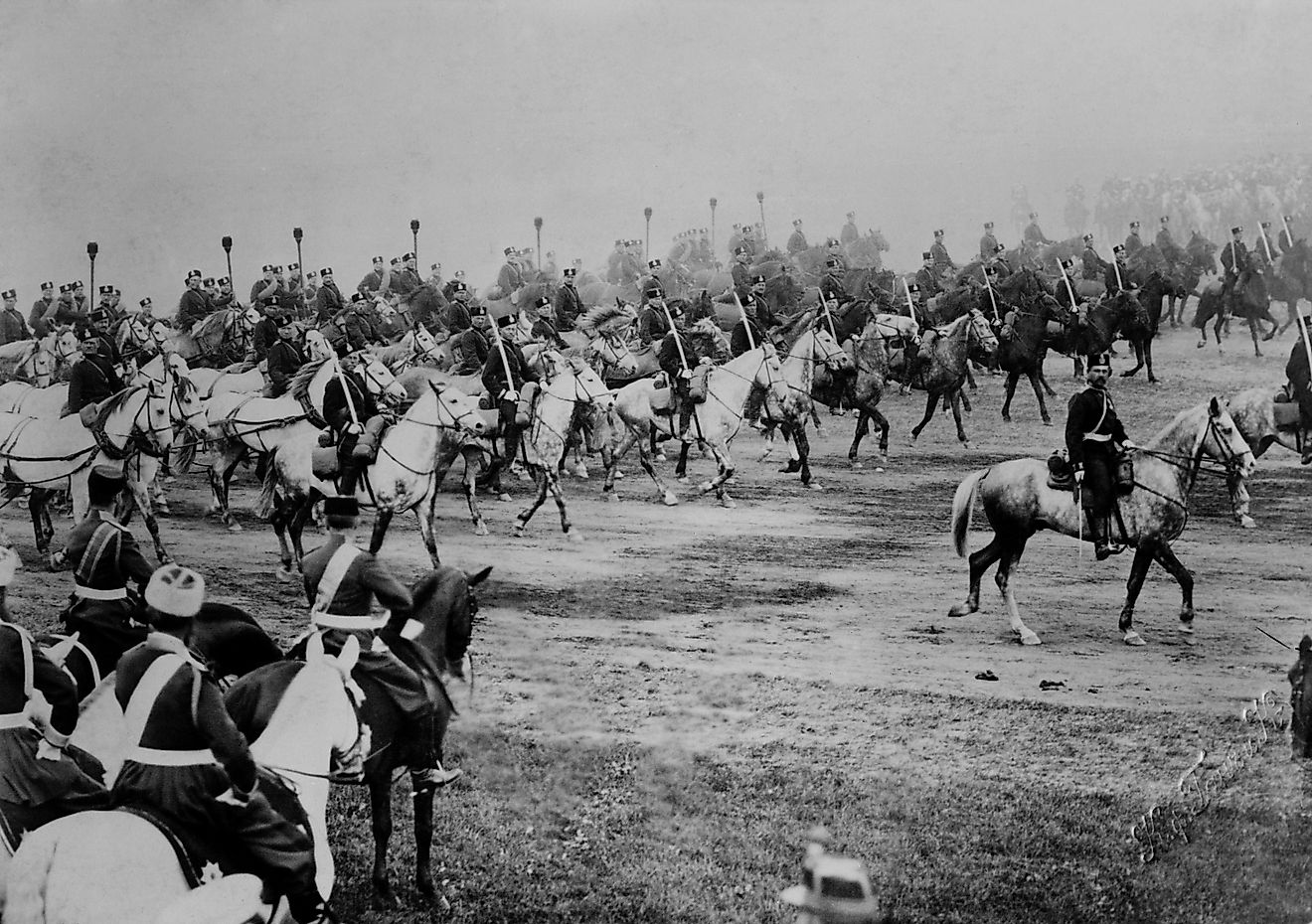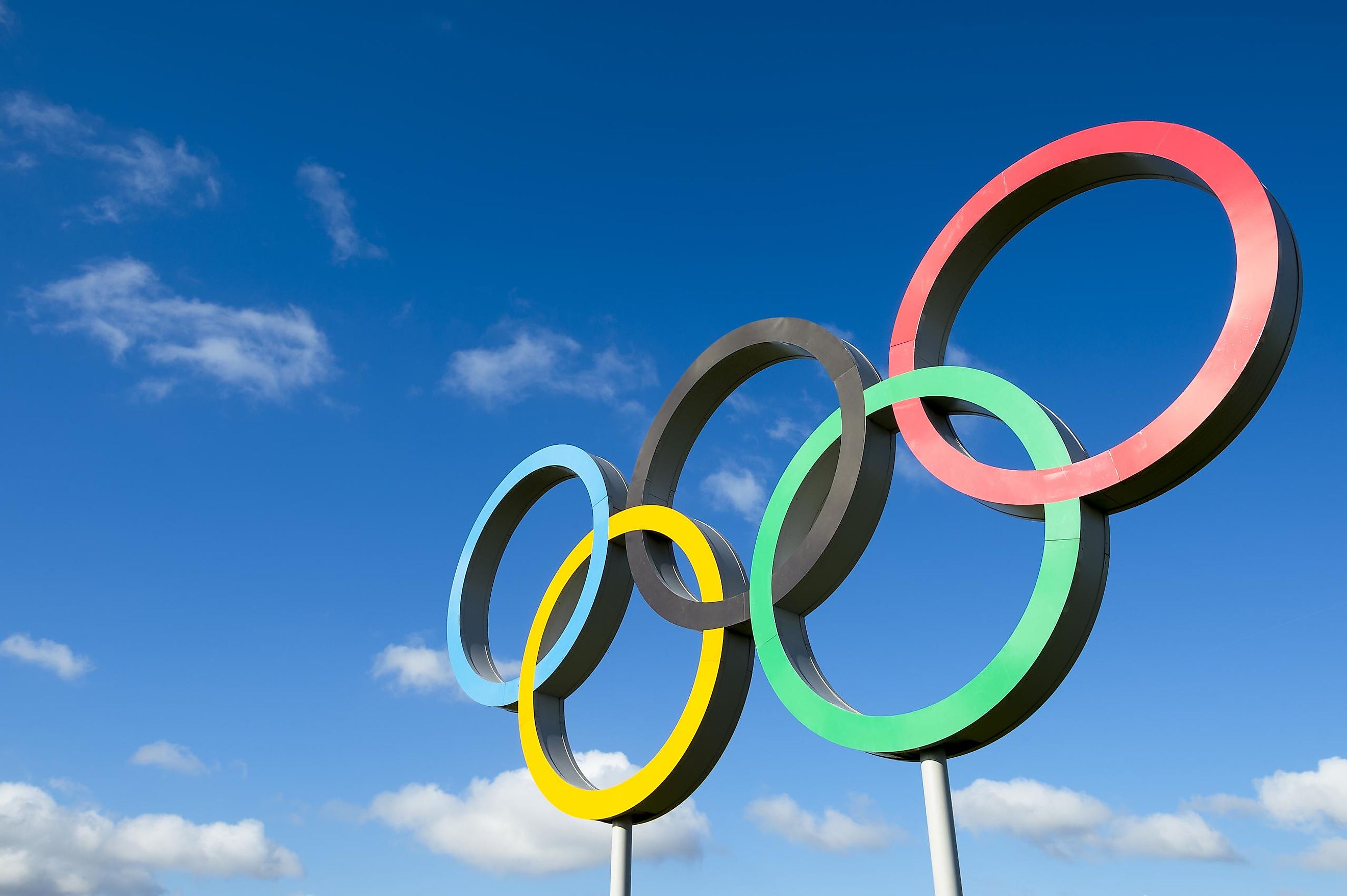
Did Ancient Greeks Invent the Olympics?
The Olympic Games, a symbol of international unity and athletic prowess, have a history steeped in legend and tradition. Originating in ancient Greece, they are often cited as the pinnacle of athletic competitions in antiquity. But did the ancient Greeks truly invent the concept of the Olympics? This question invites us to explore the depths of historical records and mythological tales to uncover the roots of this enduring tradition. In this exploration, we delve into the origins of the ancient Olympic Games, their cultural significance in Greek society, and the existence of similar athletic traditions in other ancient civilizations, tracing the legacy that has led to the modern Olympic movement.
Historical Origins of the Olympic Games
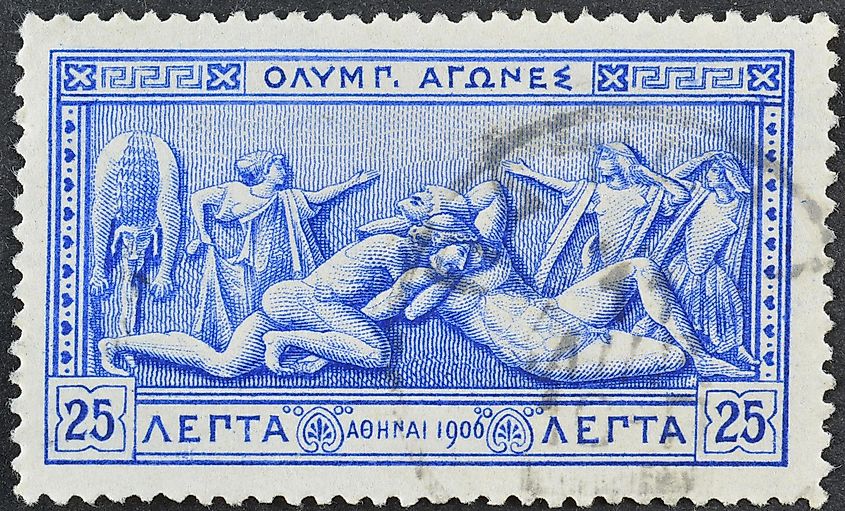
The ancient Olympic Games, traditionally dated back to 776 BC, were held in Olympia, Greece, and continued for over a millennium until their suppression in the 4th century AD. According to Greek mythology, the games were instituted by Heracles (Hercules) to celebrate his victory over the King of Elis. However, the historical origins likely predate this myth and are rooted in the religious festivals honoring Zeus, the king of the Greek gods.
The games were an integral part of a series of Panhellenic festivals, which included the Pythian, Nemean, and Isthmian games. These festivals served not only as athletic competitions but also as important religious and cultural gatherings, reinforcing the shared identities and values of the disparate Greek city-states. The Olympic Games, held every four years, were so significant that time was measured in Olympiads, a four-year period between two consecutive games.
Participants in the ancient Olympics were free male citizens of Greek city-states, and the events initially included only a short footrace. Over time, the games expanded to include a variety of athletic contests such as wrestling, boxing, long jump, javelin throw, and chariot racing. Winners were awarded an olive wreath and gained immense honor and prestige.
The Ancient Olympic Games: Events and Significance
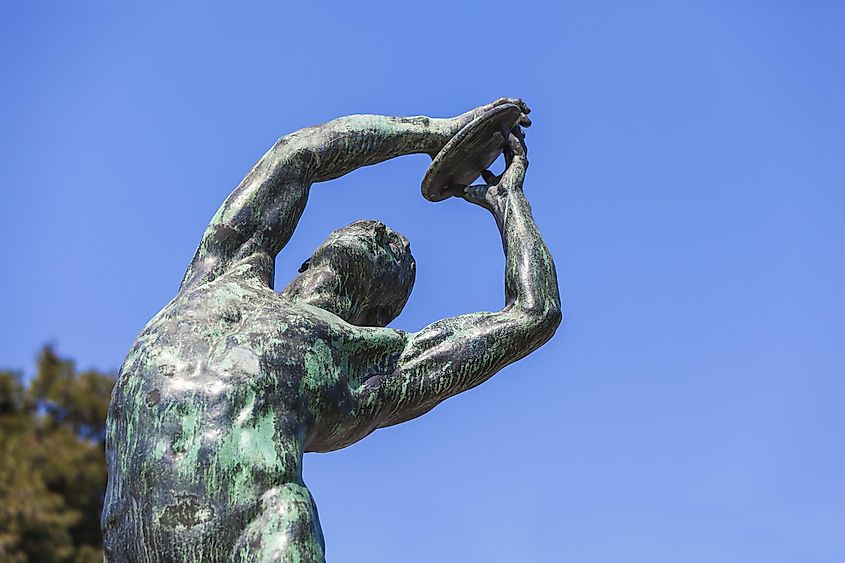
The ancient Olympic Games comprised a wide range of events that tested physical strength, skill, and endurance. Notable among these were the stadion (a short foot race), diaulos (a double-stadion race), dolichos (a long-distance race), and hoplitodromos (a race in armor). Combat sports such as wrestling, boxing, and pankration (a form of mixed martial arts) were also popular. The pentathlon, consisting of five events – stadion, javelin throw, discus throw, long jump, and wrestling – was a testament to the versatility and athleticism of the competitors.
Beyond the physical contests, the games held immense cultural and religious significance. They were a period of peace; a sacred truce (ekecheiria) was proclaimed for the entire duration of the event, allowing athletes and spectators to travel safely to Olympia. The games fostered a sense of unity among the often-warring Greek city-states and provided an opportunity for displaying and reinforcing shared cultural values and identities.
Victory in the Olympics brought great honor, not only to the individual athletes but also to their city-states. Winners were celebrated with poems and statues, and they often received substantial rewards and privileges upon returning home.
Parallel Traditions: Athletic Competitions in Other Ancient Civilizations
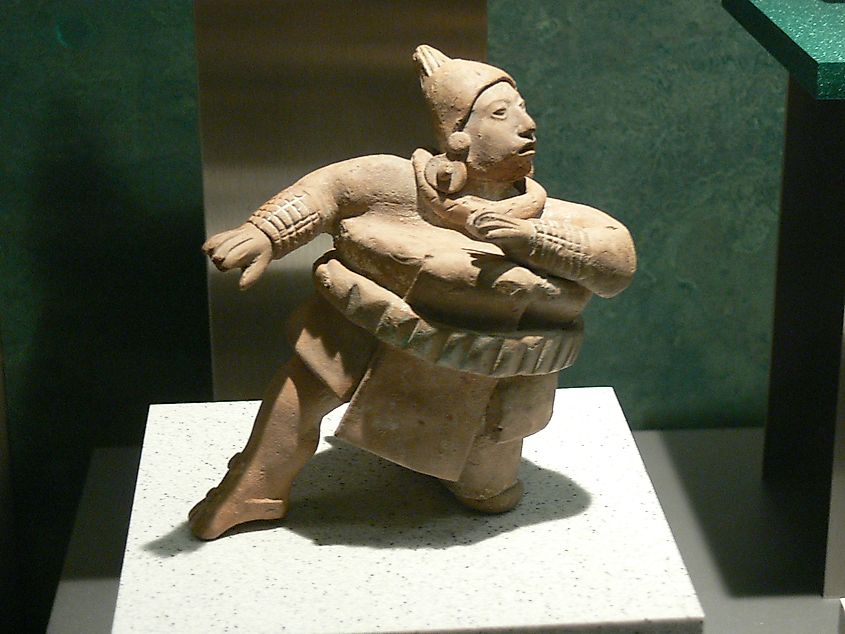
While the ancient Greeks are renowned for their Olympic Games, they were not the only civilization to hold athletic competitions. Evidence of sports and games can be found in various ancient cultures, raising the question of whether the concept of organized athletic events was unique to the Greeks.
In ancient Egypt, physical competitions, especially in archery, wrestling, and river sports, were common, and often held in conjunction with religious festivals. Similarly, in Mesopotamia, athletic activities like boxing and racing were part of religious and royal ceremonies. These events, however, differed from the Greek Olympics in scale, organization, and cultural significance.
In the Americas, the Mesoamerican ballgame, played by cultures such as the Olmecs, Mayans, and Aztecs, was a ritualistic sport with deep religious connotations. The game, which involved propelling a rubber ball through stone rings using only the hips, had parallels to the Greek emphasis on physical skill and religious context, though it was distinct in form and cultural meaning.
These examples illustrate that while the ancient Greeks were not alone in hosting athletic competitions, the Olympic Games were unique in their combination of sports, religion, and cultural identity. The Greeks might not have invented the concept of athletic competitions, but they certainly developed a distinct and influential model that has endured through the ages.
The Legacy of the Ancient Olympics and Modern Revival

The legacy of the ancient Olympic Games extends far beyond their historical period, influencing cultures and sporting traditions across the centuries. After their suppression in the 4th century AD, the spirit and ideals of the ancient Olympics were later revived and transformed into the modern Olympic Games, first held in Athens in 1896.
The modern Olympics, conceived by Pierre de Coubertin, were inspired by the ancient Greek tradition but adapted to suit the values and conditions of the contemporary world. The inclusion of athletes from around the globe, the emphasis on international peace and cooperation, and the celebration of both men's and women's sports reflect the evolution from the ancient Greek model.
The ancient Olympics' influence is also evident in the symbols and rituals of the modern games, such as the lighting of the Olympic flame in Olympia and its relay to the host city, the use of olive wreaths, and the focus on amateurism and sportsmanship. These elements pay homage to the games' origins and underscore their lasting impact on the world of sports and international relations.
In conclusion, while the ancient Greeks may not have been the sole inventors of athletic competitions, their creation of the Olympic Games stands as a unique and monumental contribution to sports and culture. The ancient Olympics were a remarkable amalgamation of athleticism, religion, and cultural identity, setting a precedent for organized sports. Their influence resonates in the modern Olympic movement, a testament to the enduring legacy of the ancient Greeks' vision. The Olympic Games, both ancient and modern, continue to embody ideals of excellence, unity, and peace, transcending time and bridging civilizations.
